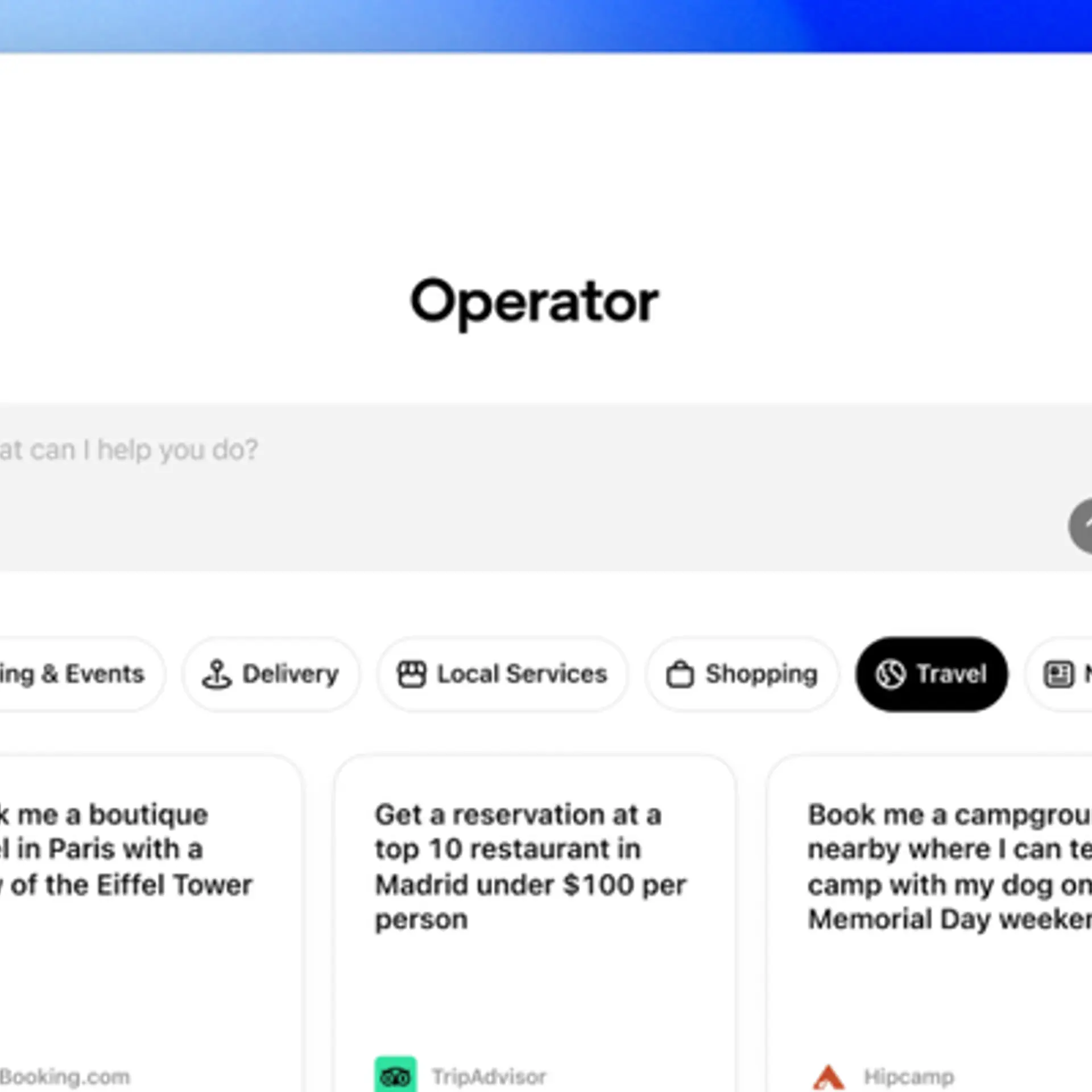Urban dwellers turn to nature to find inner peace, reconnect with themselves
Immersing yourself in nature can be rejuvenating, besides cultivating a strong sense of sustainability. Today, it is emerging as a powerful mental health resource.
For 30-year-old Sanket Bhirud, who has a 95% visual impairment owing to Macular Degeneration, amassing medals in state and national-level swimming championships brings a sense of accomplishment. The Mumbai-based HR professional has cycled 580 km from Manali to Khardung La, and 600 km at the Himalayan Ultra—the world’s highest cycle race.
But what has given this adventure sports enthusiast a strong sense of identity are the times spent exploring forests, mountains and oceans—non-competitively, slowly, and for the joy of doing it.
“The healing power of nature is universal. I discovered the powers I had beyond the limitation of sight while tandem cycling up and down mountains,” says Bhirud, “not in competitive spaces, where all my focus was on proving myself to someone.”
Living in rhythm with the natural world is an age-old practice. There are an estimated 476 million indigenous people around the world who view themselves as an extension of the ecological family.
Learning from those who live in close contact with the natural world, nature-based therapy or ecotherapy has become an antidote to the ever-widening spectrum of mental health challenges arising in noisy, overcrowded urban populations.
Bhirud first tapped into this experience with Tanya Ginwala, a clinical psychologist and nature-based therapist in Dharamsala, Himachal Pradesh. Together, they scaled the peaks and explored the valleys of the Himalayas, and immersed themselves in the sounds, smells, sights and cognition of the vast expanses around them.
“I discovered my sensory abilities to differentiate dense forests and expansive valleys by just the reflection of sounds as we passed through them,” Bhirud tells SocialStory.
In 2020, at the end of the first wave of the COVID-19 pandemic, Ginwala moved from the bustle of Pune to Dharamsala with her mother and her dog Ziggy. Her goals were simple: “to live a life more aligned with my values, to do my work as a psychologist from a more grounded place, to give my 13-year-old dog a life closer to nature for the last few years of his life.”

Tanya Ginwala, a clinical psychologist and nature-based therapist in Dharamsala, takes groups of people on adventure and nature therapy as a tool to heal from trauma, practice mindfulness and connect to themselves.
She has trained as a clinical psychologist at SNDT Women’s University, with a diploma in Experiential Education (offering hands-on, collaborative and reflective experience of mental health modalities) from the Experiential Leadership Institute—both in Pune.
She leads weeklong slow retreats and adventure therapy sessions to help people forge a relationship with themselves in a safe outdoor space.
“A natural resourcing happens in nature, wherein our nervous systems get easily regulated and challenging conversations—about one’s loss, trauma, past—become easier to have,” says Ginwala.
In her adventure therapy programmes, activities like hiking and trekking are slow and immersive, which helps participants somatically process the pain stored in their bodies as a result of violence, loss, generational trauma or injuries. As someone who injured herself in adventure sports, and had a strained relationship with her own body, Ginwala says she began healing from the fear of that past accident when she allowed herself the time and space to revisit these activities in a safe natural setting.
“Adventure doesn’t have to be a challenge where you are pushing yourself out of your own comfort zone. It could be about discovering what your body can do for you, reclaiming rest and pleasure after trauma,” she says.
Fifty-three-year-old SJ Bhuvaneshwari from Bengaluru discovered that she could still climb trees just like she did as a child during her family vacations to Coimbatore.
Bhuvaneshwari was a participant in a nature walk organised by Nature Connections, a passion project started by Vaishnavi Viswanathan, who organises nature walks and forest bathing sessions for urbanites.
It was her first outdoor experience with them at Cubbon Park in Bengaluru last year.
"We were connecting with trees, gazing at the sky and allowing our bodies to move around and explore the place in leisure,” says Bhuvaneshwari. “And I realised that I wanted to climb a tree. It was a way for me to connect with my inner child and find joy in that experience of ‘play’ that’s often missing in our lives,” she adds.
After conducting leadership workshops in Mumbai, Viswanathan moved to Bengaluru in 2015, and learned forest bathing from Forest Therapy Hub, a green wellbeing and healthcare education centre based in Portugal.
Shinrin Yoku, or forest bathing, is the Japanese tradition of mindfully immersing your senses in a forest, breathing and observing the environment around you. It has emerged as a powerful therapeutic modality to reduce tension and stress, improve mood, and boost concentration and rejuvenation. Research by institutes including the Japanese Society of Forest Medicine has shown that native evergreens have a high concentration of phytoncides, or airborne essential oils with antibacterial and antifungal qualities, which when inhaled, increase the number of white blood cells in the body.
Viswanathan, who has a BA in Psychology and a diploma in Eco-Art Therapy, spent hours sitting in parks in the city, learning from her own experiences of finding healing and creativity in nature. Over time, she began conceptualising events around specific challenges that people faced with mental health.
“First off, when you take anyone to a park—irrespective of what their challenges are—they immediately feel relaxed. Next, because the two key principles to nature walks are silence and slowing down, there is enough room created to look into ourselves with less judgment and more introspection. Then, following every activity, our participants come into a sharing circle that helps them reflect what they experienced and creates a sense of community,” says Viswanathan.
She has done corporate workshops for companies including IBM and LinkedIn to increase camaraderie, teamwork and creativity by incorporating elements of art using natural materials.
Participants at Nature Connections’ events can often be spotted sitting blindfolded under a tree—a way to soak in the sounds and smells of their immediate environment with mindfulness, or making journal entries as they sit in silence, to boost a sense of safety and enable reflection.
Earlier this year, Chennai’s Environmentalist Foundation of India (EFI), took up four acres of an Open Space Reservation land (that the Supreme Court mandates be earmarked for recreational and outdoor use) in the heart of the city’s commercial hub and created a forest. EFI Founder Arun Krishnamurthy and his team planted 1,700 trees and 1,000-odd, smaller, flowering and berry-bearing plants, and created a walking track circumventing the forest with levelled earth, as opposed to paver blocks and concrete fences.
As an environmentalist whose organisation has been maintaining close to 46,000 trees in and around Chennai and six such afforestation pockets in the city, Krishnamurthy earlier told SocialStory. The project, titled Kanagam, was designed as a forest immersion experience. It is the first project of its kind supported by the Greater Chennai Corporation’s Namakku Naame Scheme launched in 2022, which empowers the community to implement public projects and maintain them.
“What we wanted to show was the abundance of unaltered nature and an ecologically diversified vegetation patch, which would give birth to new biodiversity that flourishes in unaltered natural habitats. You will find dragonflies and frogs—since it’s adjacent to a river—and yes, mosquitos too!” he says.
Krishnamurthy recommends visitors walk barefeet on the earth and circumvent the forest a couple of times. “It is our way of giving the future generation a strong reference point of what a nourished natural environment looks and feels like, and we believe this will invariably make them torchbearers of a healthier planet in the future.”
Edited by Kanishk Singh







